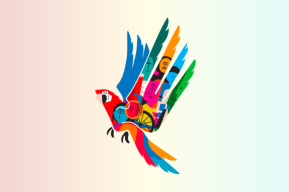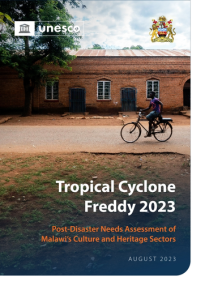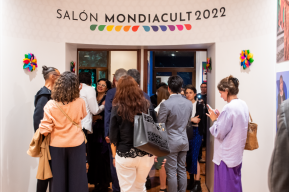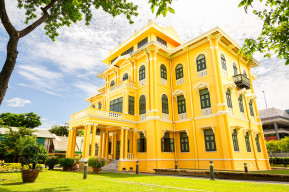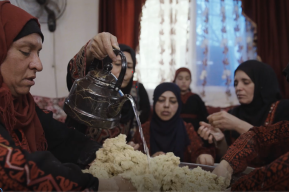In 2022, UNESCO Nepal held twenty separate dialogues marking the 50th Anniversary of the 1972 World Heritage Convention, looking to The Next 50 years of the future of Nepal’s cultural heritage – especially the four current World Heritage Sites in Chitwan, Kathmandu Valley, Lumbini and Sagarmatha.
These discussions have involved a wide range of stakeholders, including students, youth, indigenous communities, teachers, and journalists as well as subject matter experts, with discussion centred around four specific areas: Climate Change and Heritage Conservation, Sustainable Tourism, and Digital Transformation.
The Next 50 Programme Team designed all the Dialogues to be inclusive in terms of gender and indigenous representation, starting the series with experts on each of the four focus areas and widening the Dialogues to include non-experts – with the acknowledgement that everyone is a stakeholder of the Sites.
All participants were encouraged to speak frankly and layout their concerns. This particular method was particularly effective in the Dialogues held with Indigenous Peoples who had many wide-ranging concerns regarding their lack of voice and representation, in general, but also in relation to the World Heritage Sites. The input from these focus groups was particularly poignant, yielding many learnings and recommendations around fair representation, the importance of indigenous knowledge, and the crucial need for including Indigenous voices in the management of current and enlistment of future World Heritage Sites.
Another important learning from almost every Dialogue, was the need for education on culture, and intangible cultural heritage, across the board, for students starting at an Early Childhood Development (ECD) level. With this in mind, The Next 50 team designed an interactive learning module consisting of four worksheets that students and teachers could work on together. Teachers trainings were conducted and the sheets were delivered at 97 schools across 8 districts. All training sessions with teachers were extremely positive, with the participants urging for more such trainings and educational material consistently at all levels.
The Team also organised a Video Competition to encourage Youth to contribute to what the Sites mean to them, in relation to their own individual heritage or culture. The Competition was executed with the International Media Youth Summit (IYMS), using social media to reach over 100,000 people. The entry videos were wide-ranging across indigenous groups and the winning five videos were particularly memorable, providing unique perspectives on both Tangible and Intangible Cultural Heritage such as rarely seen rituals of Indigenous Communities, interesting information on the World Heritage Sites, and some deeply personal perspectives. All videos can be seen on the UNESCO Nepal Social Media pages: Facebook, Twitter and Instagram.
The Next 50 Dialogues served many purposes: intersectoral interaction across Culture, Education, Science, and Communication and Information, providing food for thought for future programming as well as bringing the UNESCO office into contact with a wide range of potential partners for the future as well as important expert resources via individuals who attended the Dialogues.
Over the course of 2022, The Next 50 Dialogues evolved to become platforms for stakeholders to layout their concerns, and to brainstorm on the future of not only the World Heritage Sites, but also the crucial issues of Climate Change, Heritage Conservation, Sustainable and Digital Transformation, topics central to the Sustainable Development of larger Nepal. This is considered our most important outcome.
The Next 50 Programme has laid the groundwork for vital conversations on the future of the country’s World Heritage, and UNESCO will continue these discussions with diverse stakeholders, with a view to placing Culture at the heart of Sustainable Development in Nepal.
Visual display of the Next 50 in Nepal
The learnings from these important exchanges have been compiled digitally and can be viewed here with a view to their eventual formulation into specific policy recommendations.



